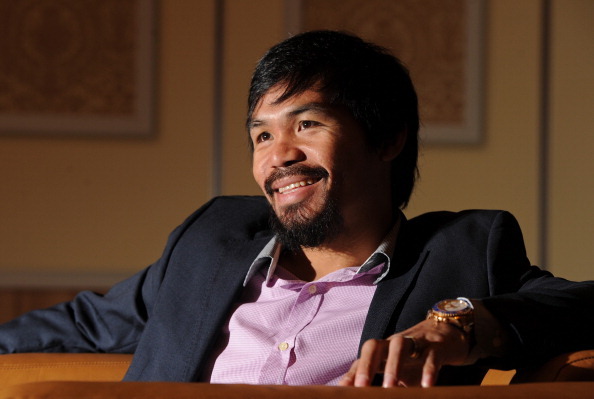If only students knew how a simple error in judgement could cost them their career or reputation, they would probably think twice before cheating in their research papers. I am talking about plagiarism, the blatant copying of another’s work without acknowledging it in the least. Of late, plagiarism has been in the news. A promising German politician has been discovered to have plagiarised his doctoral dissertation in the university. His political rivals were quick to question his integrity for any government position knowing that at one point in his life he had resorted to cheating in order to obtain a degree.
Plagiarism is a grave offence. It is more than cheating. It is not only stealing someone’s ideas, but willfully lying about it. But students don’t seem to realise the gravity of this act. The repercussions of plagiarism only set in when discovered, possibly long after students have left the university. Until then, the glory of submitting a well-written paper even though partly or wholly not one’s own is all that matters.
Students in the university are required to submit a lot of written work—essays, term papers, research papers. The most important of these are the thesis for undergraduate and masters students and the dissertation for doctoral students. These pagers spell the diffrence between acquring a degree or remaining in the university.
Once a paper is accepted as scholarly work, the student is granted a diploma and his thesis or dissertation gets to be published or displayed on the shelf of the library. The chances of this paper being read by more people are double after the scholars have graduated. Academics and visitors to the library are just some of the people who will leaf through the papers. Nowadays with the internet, this paper gets an unlimited number of readers. It is subjected to more scrutiny so that chances of being discovered as plagiarised are higher. A reader simply highlights suspicious text and the search engine will start looking for a similar text online. It’s that easy?
When I was teaching communication arts in the ‘90s, most of my students were unprepared for the writing expectations in the university. Suddenly they had to grapple with the idea of writing something longer than one page in a language they had not even mastered. A tall order for students, but mostly for the teacher. But if there was one thing I made sure any student understand about research writing, it was the value of acknowledging sources.
It was easy for me to detect if a text was not written by my student. If a teacher knows a student’s ability, a different style of writing will stand out in his written work. If he deliberately incorporates someone’s writing in his paper and passes it off as his own, then that amounts to unscholarly behaviour. In my opinion, of all the mistakes a student can make in research writing, plagiarism ranks as the most grievious of all because it involves character—honesty and integrity.
It would be a pity if long after one graduates from the university, his scholarly transgressions such as plagiarism are discovered and taken against him. Such is the misfortune of the German Defence Minister who probably never had an inkling that plagiarised texts in his PhD dissertations could spell the difference between becoming the new charcellor or being dumped by his party.
Who would have thought that such an action could come back and hit one in the face years after leaving the university?
In the Philippines, there was this Justice of the Supreme Court whose written court decision was partly lifted from the works of American scholars but was not cited accordingly.
He attributed this mistake to his legal researcher who he said accidentally omitted quotations marks. It’s bad enough that this judge neglected to read the final copy of his work but to employ someone as a negligent coming from a supposedly highly qualified and experience court-employed researcher only make it worse.
It’s no wonder the UP law fac ultry is calling for judge to stepdown. The reputation of this high court is tarnished if the one who sits on it has lost his integrity.
One of the most popular plagiarism cases circulating in the university gossip during my time involved a foreign student who submitted a thesis which turned out to be the work of someone from the US. Unfortunately for him, someone in the panel of reviewers was familiar with this work.
The arrogance of this students appalled everyone in the panel. He copied not just a single paragraph from someone’s thesis, but everything from cover to cover! The insulted panel quashed his masters degree application and kicked him out of the university. Such was the seriousness of his offence. He not only embarrassed his adviser, but insulted the entire university, as well.
The university’s ideals are not compatible with plagiarism. Scholarship extols a pursuit of knowledge that is borne of hard work and humility. The latter is well-explained by Dean Lee of UP Mindanao. According to her, ‘a scholar should be humble in admitting his deficiency because no one has a monopoly of knowledge’.
Any student who does not realise this does not deserve to be in the university.










Leave a Reply